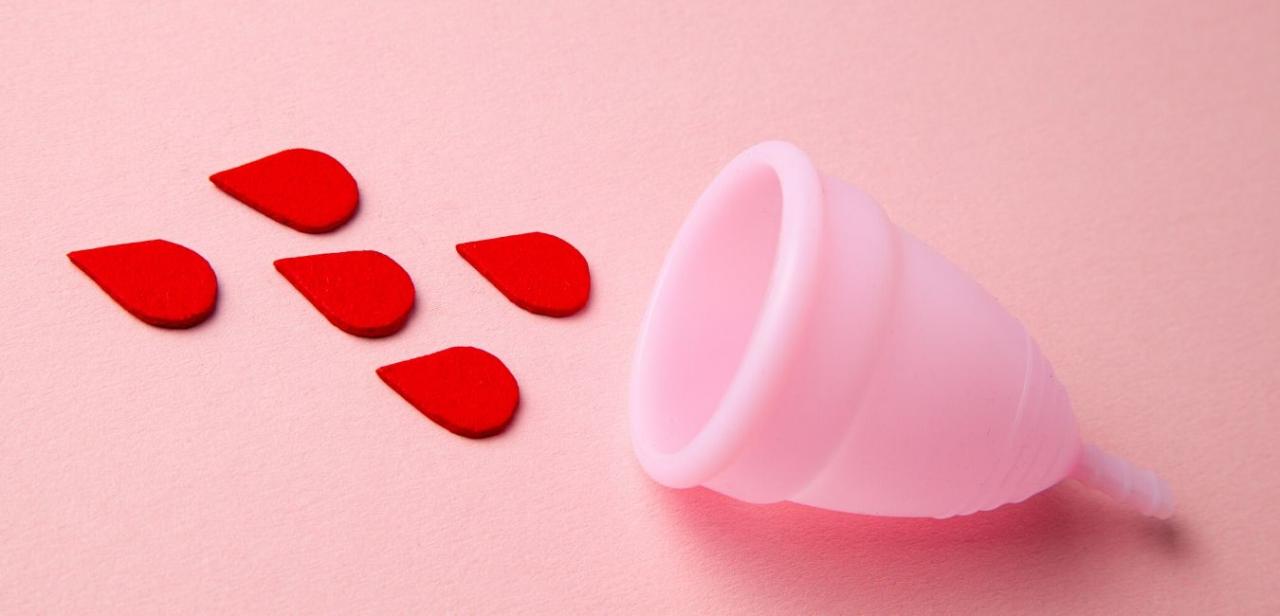 Lev Dolgachov/PhotoSpin
Lev Dolgachov/PhotoSpin
Studies are constantly conducted to determine the benefits and drawbacks of contraceptive pills, and each usually yields a different outcome. What everyone can agree on, though, is that birth control pills can be used for a variety of reasons that have nothing to do with pregnancy prevention.
Doctors prescribe birth control pills for conditions from acne to endometriosis, and the following list does not include all of its alternative uses:
• Alleviation of menstrual cramps
• Reduction of amount and duration of menstrual bleeding
• Regulation of periods
• Clearing up some types of acne
• Lowering the risk of endometrial and ovarian cancers
• Treatment of endometriosis and polycystic ovary syndrome
Although the contraceptive pill can be used for a myriad of health benefits, there are important drawbacks to note. Birth control pills are not effective in preventing STDs, they have certain unpleasant side effects, they are not 100 percent guaranteed to work and some research has shown a slightly increased risk of breast cancer among pill users.
In other words, the contraceptive pill is not a miracle drug. Consider it a versatile way to take control of several hormone-related issues that most women deal with, whether the condition is mild or severe. And keep in mind that different brands can have different types of hormone combinations, so make sure the pill you’re choosing is right what you want to treat.
Contraceptives aren’t always just about preventing pregnancy; women across all age groups are now using contraceptive pills to control more than birth — they are taking control of their hormones to improve their lives.




Add a Comment15 Comments
I am not sure where this information came from, and I think it definitely provides some interesting things to think about and discuss with your doctor when considering taking a contraceptive pill. However, in all the research that I did, not a single national source mentioned any of these things.
Your imbalance may have been caused by something else, and perhaps your naturopathic doctor is using less reputable sources. However, some of the side effects that you mentioned are incorrect according to every source on the subject and I would like to clarify.
First, PMS is not caused by the pill. It can be treated by the pill, but in reality only about 10 percent of women actually suffer from clinical PMS.
Second, birth control pills do not "mask" symptoms caused by a hormone imbalance. Conditions like polycystic ovary syndroms, which is directly caused by a hormone imbalance, is treated with contraceptive pills because they control the hormone levels and make them consistent. You are correct that they may cause an "imbalance," though not in the traditional sense. The hormones that your body naturally produces (whether in balance or not) will adjust depending on the type of pill you take.
Third, birth control pills do not cause the body to think it is pregnant. Different pills function differently, but they mostly work in two ways: either by reducing the lining of the uterus that builds up each month so that an egg would likely not implant; or by stopping ovulation all together.
I would caution anyone about taking a new supplement before talking with your doctor. Some supplements taken in combination with the pill can impact its effectiveness.
As for acne, only some is hormone related, so it is possible that some cause it to get worse. However, there are pills designed exactly for hormone-related acne (and I know because that is why I am on the pill! My dermatologist prescribed it for me).
The most important thing to note here is that each woman responds different to contraceptive pills, injections, patches and even the NuvaRing. Luckily, the variety of hormone combinations provides many options. If one pill isn't working for you, try another!
Also, side effects from contraceptives are smallest with the pill than with the injection or patch, which are known to cause more severe issues because the hormone levels are not controlled the same way as with pills.
Here are some of the sources that I used so that you can read more:
The Center for Young Women's Health/Children's Hospital Boston
National Institutes of Health
National Women's Health Resource Center
Click and learn! Education is the best way to successfully manage your health and make the right decisions for yourself.
March 30, 2009 - 1:20pmThis Comment
I also just want to add that the birth control pill Yaz has made perimenopause a walk in the park for me. I don't know what I'd do without it!
March 28, 2009 - 10:36pmThis Comment
That is very interesting that birth control helps prevent certain forms of cancer, I would think that they would advertise this fact more often, especially with the enhanced media focus on HPV and cervical cancer.
March 28, 2009 - 2:55pmThis Comment
That's definitely a great point. There are very strict federal guidelines on advertising, especially when it pertains to medicine. Taking birth control to prevent cancer would likely not be advised by anyone, and when it comes to cervical cancer about 70 percent of cases are caused by HPV, so the pill is not highly relevant for preventing it. And though studies have shown a direct correlation between contraceptive pills and decreased risks for certain cancers, there is a positive correlation between them and developing other forms of cancer (breast cancer, most commonly).
I personally use contraceptive pills for acne and polycystic ovary syndrome, and appreciate all the added benefits! It's a multi-faceted approach to reproductive health, but it's not right for everyone. And no pill is 100 percent effective against preventing pregnancy, which means that advertising its effectiveness in preventing certain cancers would not be true to everyone as some women would inevitably develop certain cancers (like endometrial and ovarian) while still on the pill/after using it.
March 30, 2009 - 1:30pmThis Comment
My understanding is that the correlation between birth control pills and the reduced risk of certain female cancers is the fact that birth control pills prevent ovulation. (Is that correct, Lauren?)
March 28, 2009 - 10:35pmThis Comment